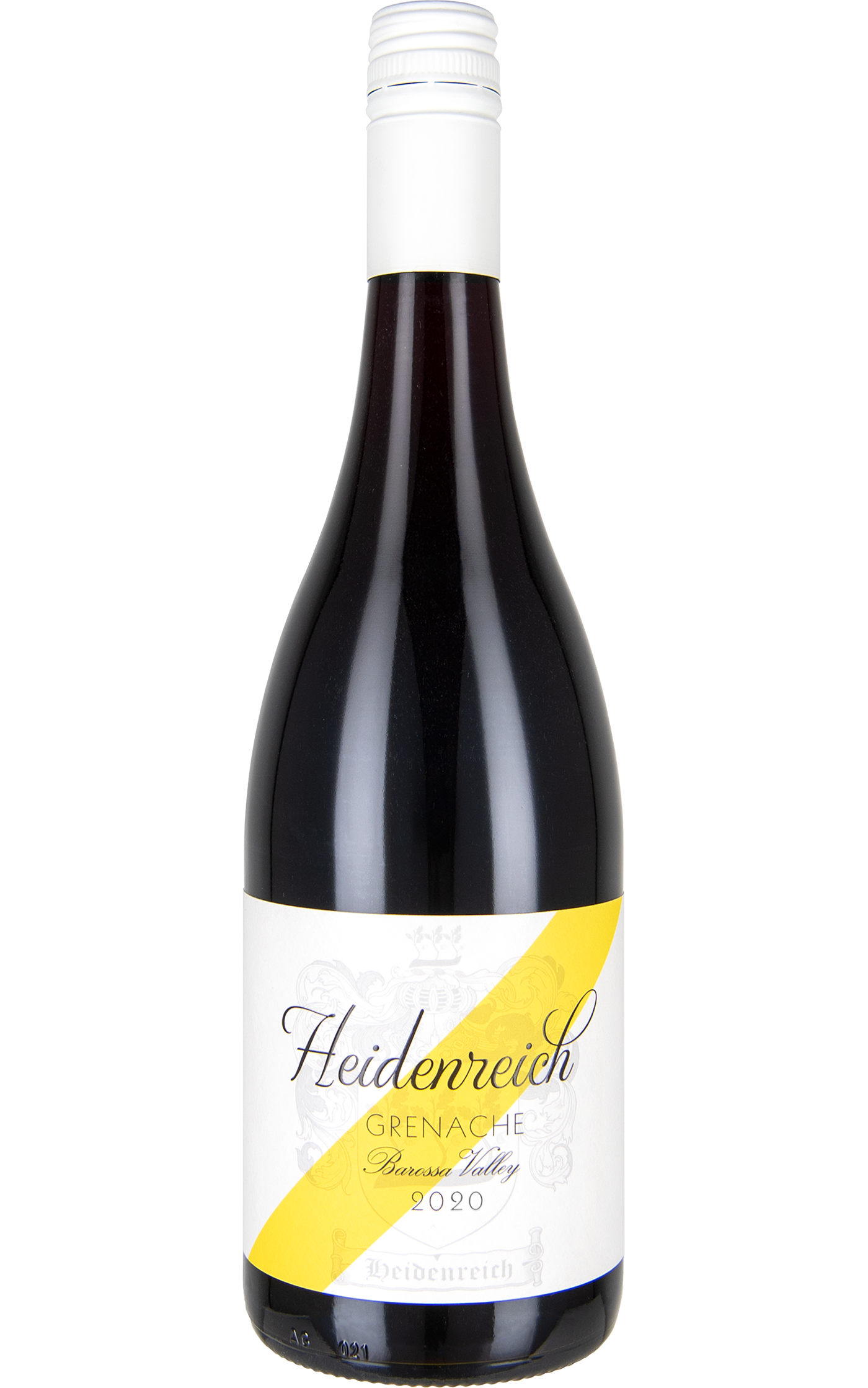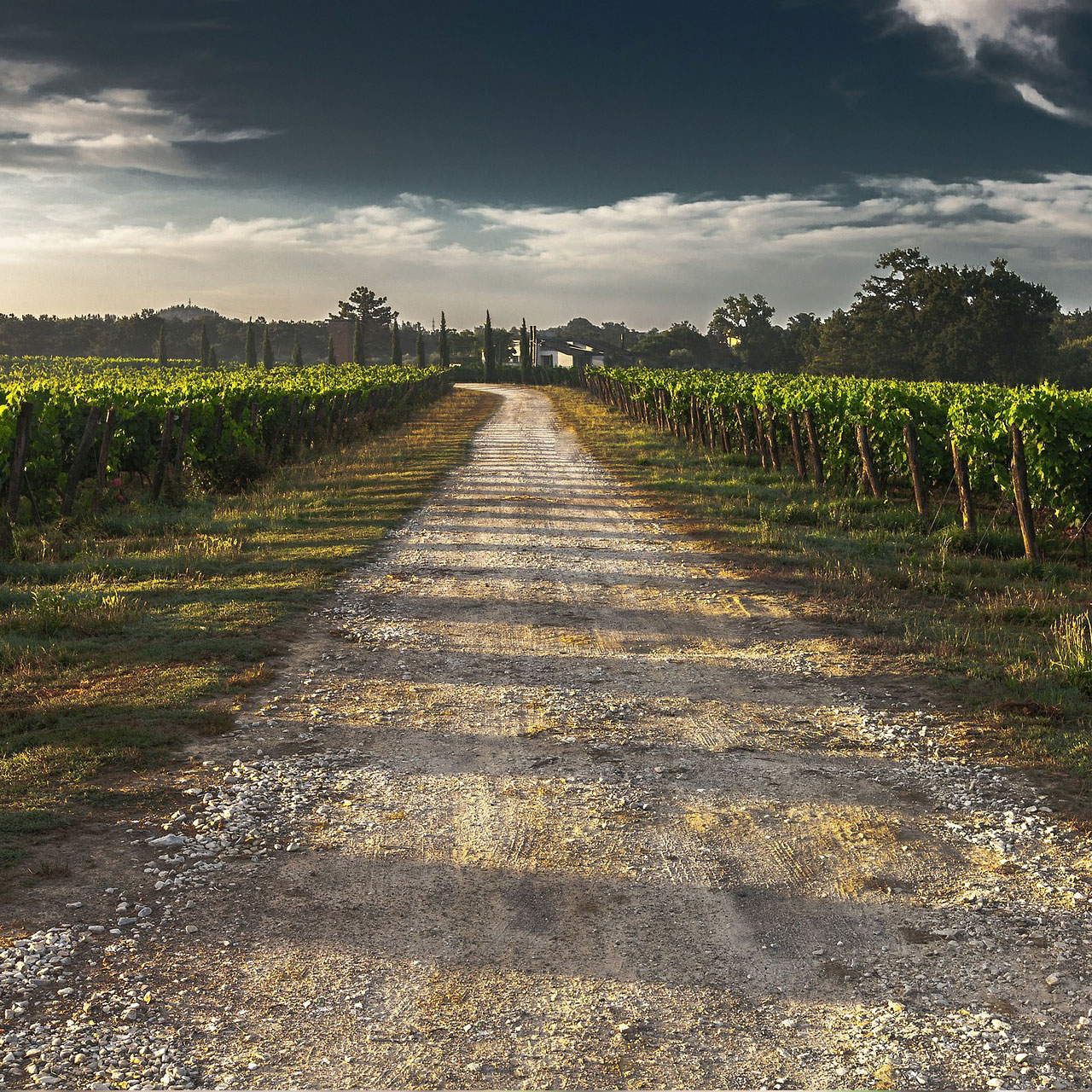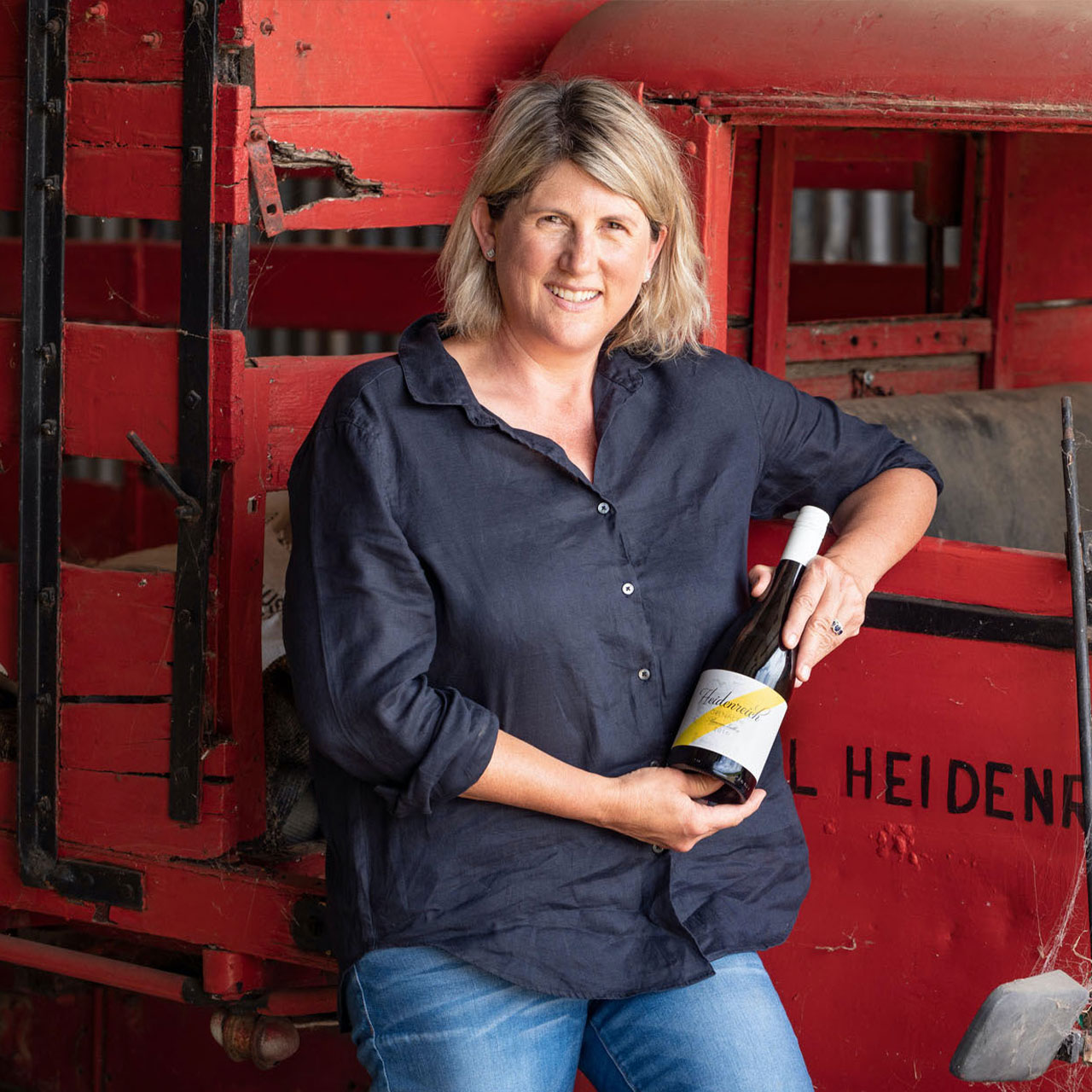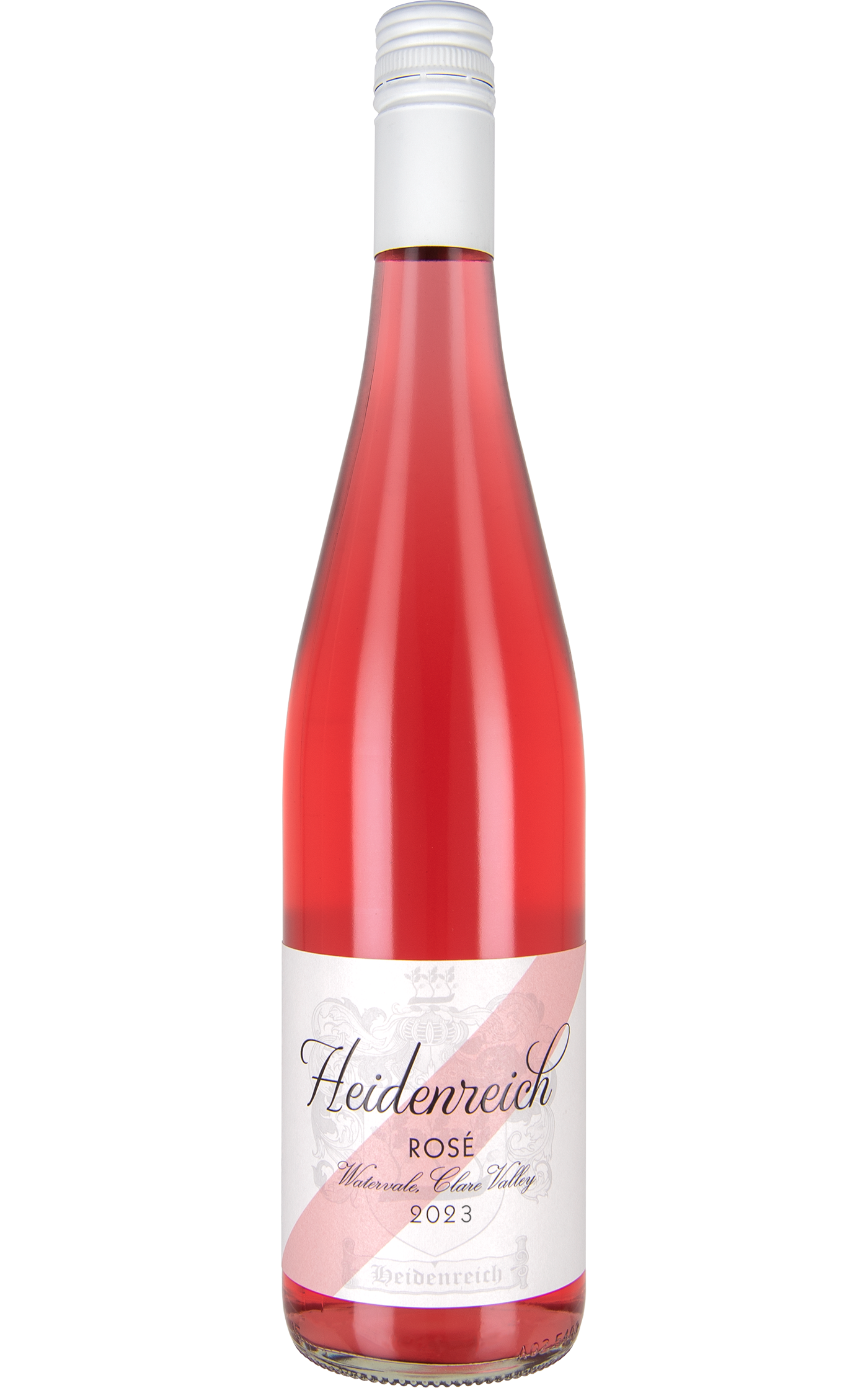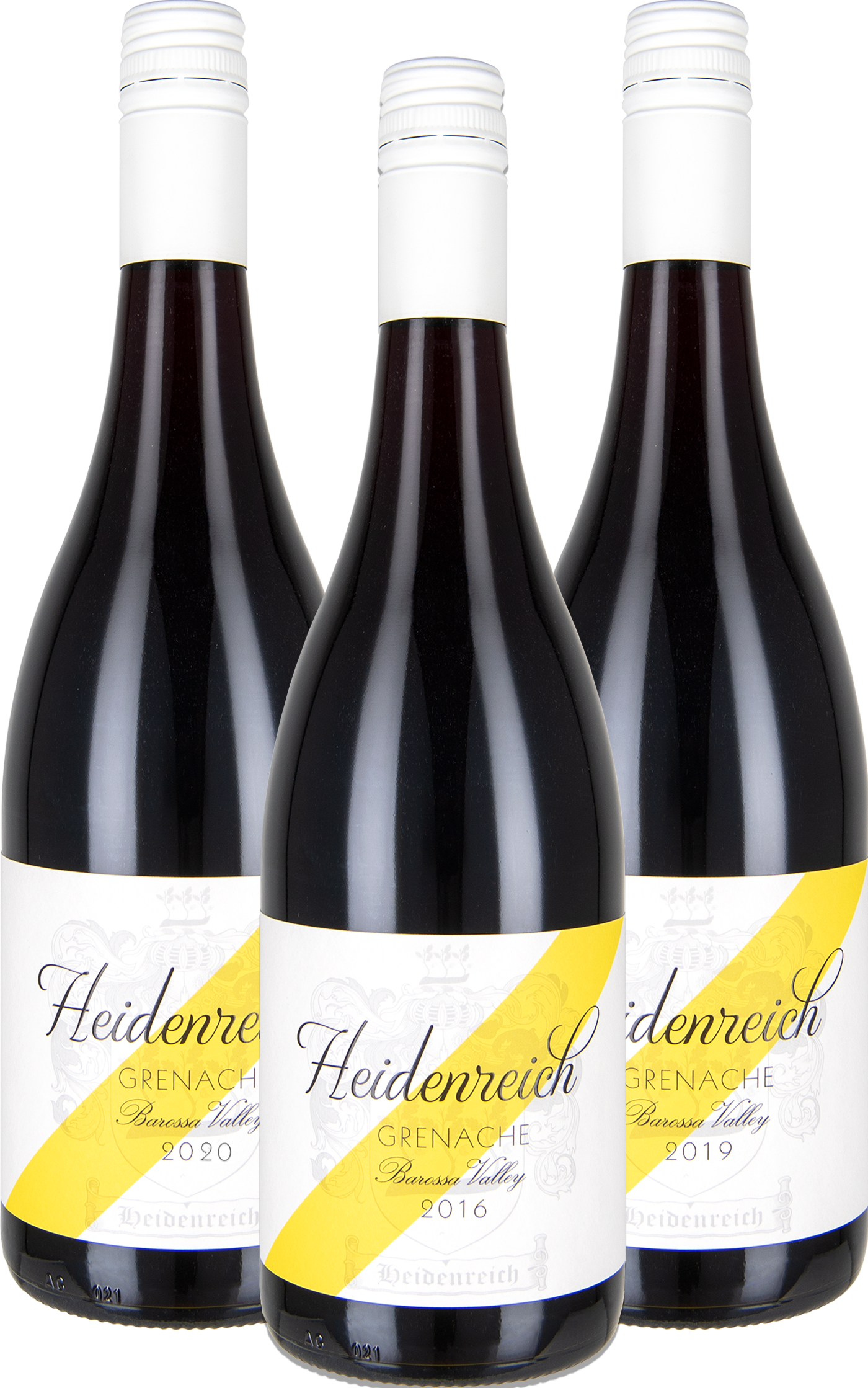These Grenache vines were planted by my Grandfather, Rufus Armein Heidenreich in 1936, in Vine Vale, Barossa Valley. The Grenache was originally planted as bush vines, as was common practice in this era.
This area of vineyard is located along the Eastern edge of the Barossa Valley, which was one of the first areas settled in the 1840’s due to its fertile, deep sandy, loam soils and water-holding capacity, in non-irrigated vineyards.
These vines, are still dry grown, bush vines, and are some of the oldest Grenache vines in the region. The gully breeze that is prevalent in this area helps keep grapes cool during the hot ripening season, and retains natural acidity and freshness.
